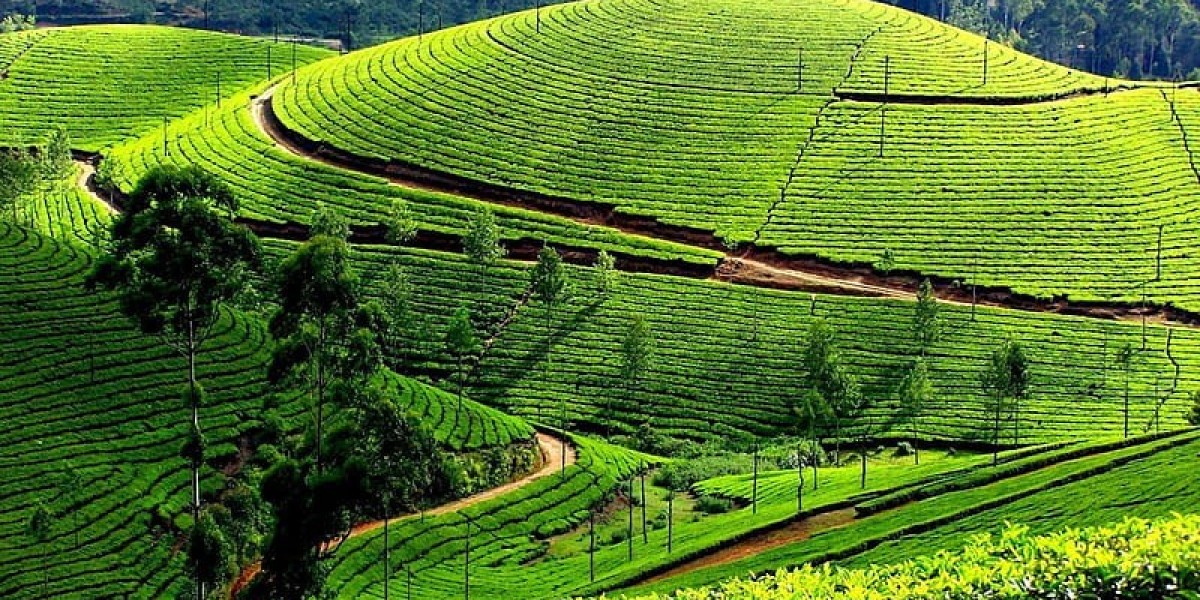Food safety has always been a top priority globally, and for a country like Pakistan, where the food industry plays a vital role in the economy, the importance of adhering to international standards cannot be overstated. Obtaining the ISO 22000 Certification in Pakistan is a game-changer for businesses involved in the food supply chain. But what does this certification entail, and how can companies benefit from it? This guide explores everything you need to know about ISO 22000 in Pakistan, from its significance to the steps companies can take to achieve it.
What is ISO 22000 Certification?
ISO 22000 Certification in Pakistan is an internationally recognized standard that combines food safety management with quality management systems. Established by the International Organization for Standardization (ISO), it sets clear guidelines for businesses to identify, prevent, and mitigate food safety hazards. The certification provides a framework that integrates Hazard Analysis and Critical Control Points (HACCP) with existing quality management systems like ISO 9001.
Obtaining ISO 22000 certification demonstrates a company’s commitment to delivering safe, high-quality food products. It’s no longer just about compliance but about gaining a competitive edge.
Why is ISO 22000 Certification Important in Pakistan?
Pakistan’s food industry is one of the most diverse and dynamic sectors, contributing significantly to the country’s GDP. However, businesses often face challenges concerning food safety standards, regulatory frameworks, and increasing global demands. Here’s why ISO 22000 certification is crucial in Pakistan’s context:
- Improved Public Health
Pakistan has faced multiple issues with foodborne illnesses and outbreaks. ISO 22000-certified companies can ensure safer food production and distribution, reducing health risks.
- Global Market Access
Pakistani food exporters can enter international markets more easily with ISO 22000 certification. The standard is recognized worldwide, proving that a business adheres to strict compliance measures.
- Regulatory Compliance
Certification helps food businesses align with local food safety regulations and frameworks such as the Pakistani Pure Food Laws, making compliance audits straightforward.
- Business Reputation
A trusted ISO 22000 certification enhances your reputation in both domestic and global markets, increasing customer confidence in your products.
- Operational Efficiency
Implementation of ISO 22000 results in systematic improvements in food safety and quality processes, reducing operational inefficiencies and waste.
ISO 22000 Certification in Pakistan: Process & Benefits
Step 1. Understand the Requirements of ISO 22000
The first step toward obtaining ISO 22000 Certification in Pakistan is understanding the standard itself. ISO 22000 defines a Food Safety Management System (FSMS) and sets guidelines that ensure that all risks associated with food safety are identified and managed effectively.
Key elements include:
- Establishing a comprehensive management system.
- Conducting risk assessments and incorporating HACCP principles.
- Enhancing employee training and knowledge on food safety.
- Building robust communication within and beyond the organization.
Step 2. Conduct a Gap Analysis
A gap analysis will help identify areas where your current processes fall short of ISO 22000 requirements. This benchmarking exercise is vital for shaping your FSMS framework.
Step 3. Develop an Implementation Plan
After identifying gaps, establish a roadmap for implementing ISO 22000. Work with internal stakeholders or hire certification consultants specializing in ISO 22000 Certification in Pakistan to guide the process. Tasks may include process development, internal audits, corrective actions, and documentation.
Step 4. Train Your Staff
Your team is the backbone of your food safety management system (FSMS). Train all employees to understand ISO 22000 requirements, from operational staff to top management. Effective training ensures everyone is aligned.
Step 5. Conduct Internal Audit and Management Review
Before seeking external certification, conduct an internal audit. These audits help identify lingering issues and areas of improvement. This step ensures readiness for the final certification assessment.
Step 6. Achieve Certification
After preparation, certification bodies assess your FSMS for conformity to ISO 22000 standards. Upon meeting the criteria, your organization will earn its certification.
Benefits for Pakistani Businesses
- Enhanced Credibility
Certification demonstrates your commitment to safety and quality to stakeholders and consumers alike.
- Market Differentiation
Stay ahead of competitors in a saturated market by earning ISO 22000 certification.
- Cost Reduction
Gain better supply chain control and avoid costly recalls through robust risk management practices.
Top Industries Reaping Benefits of ISO 22000 in Pakistan
ISO 22000 certification holds enormous potential for various sectors in Pakistan, including:
1. Food Processing & Manufacturing
Certification ensures better quality and consistency, making exported products more appealing on the global stage.
2. Hospitality
From hotels to restaurants, ISO 22000 helps operators strengthen food safety processes and improve customer trust.
3. Retail & Distribution
Retail businesses can maintain quality assurance for perishable and pre-packaged food items, reducing supply chain interruptions.
4. Agriculture
Farmers and agricultural organizations in Pakistan use ISO 22000 to standardize processes, ensuring safer farm-to-table systems.
Challenges and Solutions for ISO 22000 Certification in Pakistan
Challenges
- Lack of awareness about certification benefits.
- High costs for SMEs.
- Limited access to trained certification consultants.
- Poor infrastructure for regulatory compliance.
Solutions
- Increasing awareness campaigns led by government and industry bodies.
- Government-financed subsidies or support programs for SMEs.
- Collaborations with international organizations for knowledge sharing and infrastructure development.
Preparing for the Future
The demand for safe, certified food products will only increase. With growing global regulations and consumer awareness, achieving ISO 22000 Certification in Pakistan will become less of an option and more of a necessity. Enterprises and SMEs that act now can secure their future competitiveness.
Final Steps Before Certification
ISO 22000 goes beyond meeting minimum food safety requirements. It builds a culture of quality within the company that enhances long-term customer satisfaction. For companies in Pakistan considering the certification process, it’s never too late to prioritize food safety and join the global community of ISO 22000-certified companies.
Take the leap today by signing up for a consultation with an ISO 22000 Certification in Pakistan specialist to guide you through the process. Invest in the future of your business while fostering safer, more sustainable food practices.









